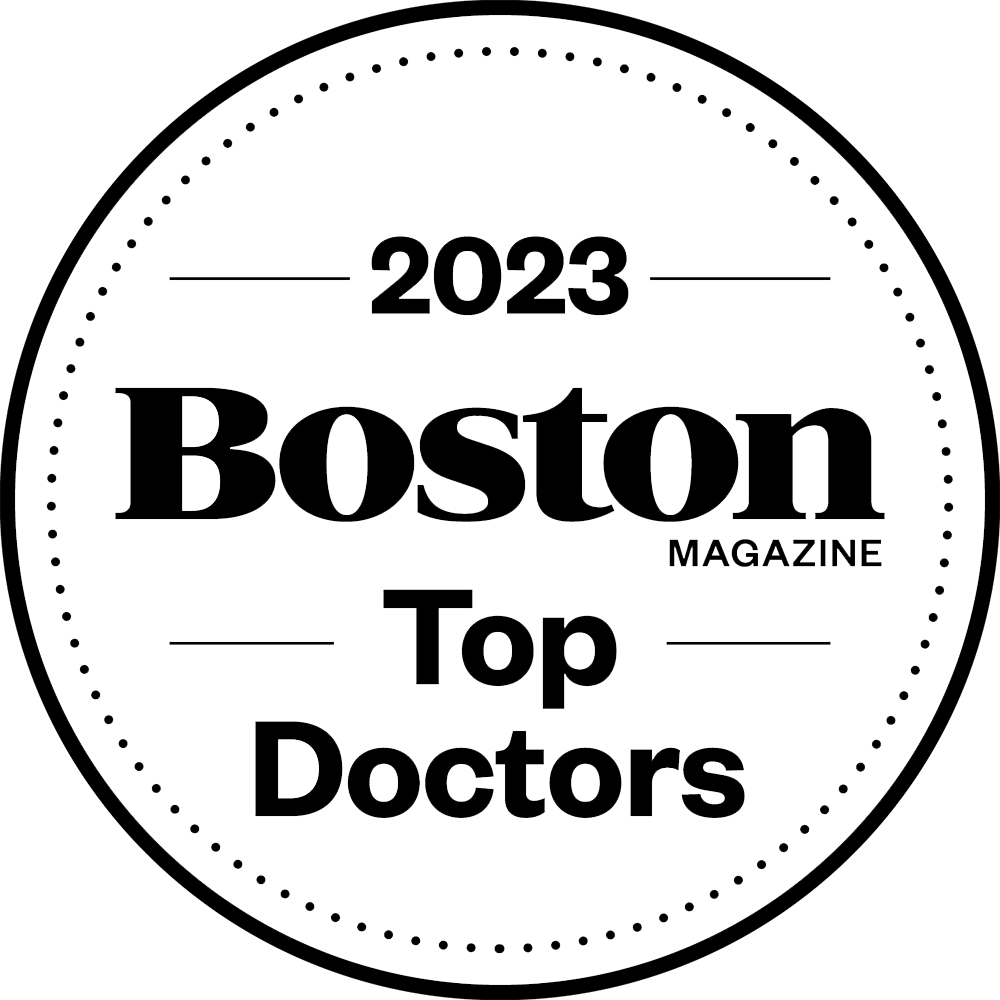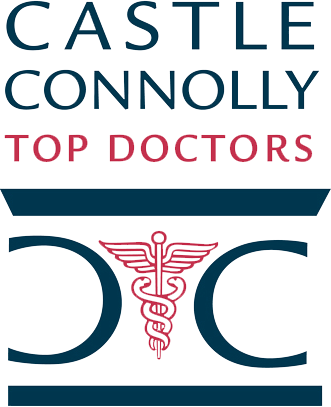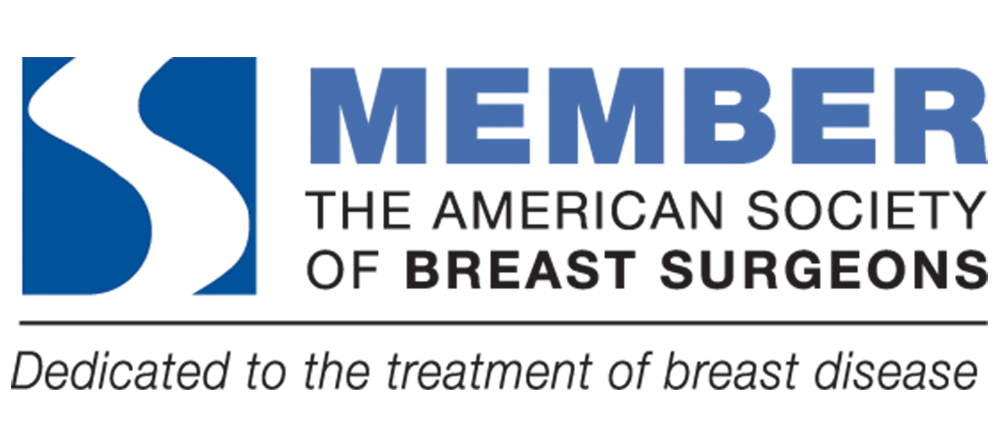Do you have questions or concerns about breast cancer? Are you concerned that certain lifestyle habits of yours might increase the risk of breast cancer? The best way to combat breast cancer is through increased awareness, risk mitigation, and early detection. We answer some of the most frequent questions about breast cancer in this article.

Frequently Asked Questions
Does dairy milk increase the risk of breast cancer?
Concerns regarding the link between dairy consumption and breast cancer heightened after the results of a recent study in 2020. According to the research, the top 10% of milk consumers had a 50% higher risk of breast cancer compared to the bottom 10% of milk consumers. This research suggests that there’s limited evidence for higher daily milk consumption being linked to breast cancer.
However, the American Institute for Cancer Research has found no evidence to suggest that dairy increases the risk of breast cancer. Dairy products are an excellent source of calcium (essential for building bones and teeth), protein (essential for muscle repair), and various vitamins and minerals. The U.S. dietary guidelines recommend women consume 3 cups of dairy-based products (cheese, milk, yogurt, etc.) per day.
If you don’t want to (or can’t) consume dairy, you can increase your intake of other calcium-rich foods, such as collards, broccoli, choy, tofu, soybeans, orange juice, almonds, and calcium-fortified cereals. However, existing research doesn’t support a pressing need to eliminate dairy consumption at reasonable levels.
Can breastfeeding reduce the risk of breast cancer?
Yes, breastfeeding reduces the risk of breast cancer. According to a study conducted by the Collaborative Group on Hormonal Factors in Breast Cancer, a woman’s risk of breast cancer decreased by 4.3% for every 12 months that she breastfed. The American Institute for Cancer Research also states that breastfeeding longer than 6 months reduces the risk of pre- and post-menopausal breast cancer.
Can a healthy diet minimize the risk of breast cancer?
You can significantly reduce the risk of breast cancer with a healthy, nutritious, low-fat diet with plenty of fruits and vegetables. You should ideally consume less than 30 grams of fat per day — a high-fat diet increases estrogen production, which, in turn, promotes tumor growth.
Does smoking increase the risk of breast cancer?
Smoking significantly increases the risk of breast cancer and numerous other types of cancer. Secondhand smoking also increases the risk of breast cancer. If you’re a smoker, please join a smoking cessation program to gradually reduce the risk of various types of cancers. Quitting smoking can also reduce the risk of heart and lung diseases.
Does drinking alcohol lead to breast cancer?
One drink per day — wine, beer, or any other form of alcohol — can slightly increase the risk of breast cancer. Consuming more than one drink per day significantly increases the risk of breast cancer. However, it’s okay to drink in moderation, and some studies have also shown that one glass of wine per day can improve heart health. If you drink regularly, please discuss this subject with your doctor.
How often should I perform a breast self examination?
You should ideally give yourself a breast self examination (BSE) once a month. During the self examination, please look for noticeable changes in your breast tissues, such as changes in the shape, size, dimpling, skin texture, nipple inversion, redness, a lump under the skin, discharge from the nipple, or changes in texture on the areola.
You should perform the breast self examination 7 to 10 days after your menstrual period starts. And if you’re no longer menstruating, please select the same day of the month to perform a breast self examination. Even though 80% of all lumps are benign, you must contact your physician if you notice any lumps or changes in your breast.
Breast Cancer Care in Wellesley, MA
New England Breast and Wellness is a medical center dedicated to providing intimate, personalized care to women with the signs of breast cancer. Your diagnosis and treatment are handled by Dr. Katherina Calvillo, a breast cancer specialist and surgeon with nearly 20 years of experience at Harvard and Dana Farber Cancer Institute. If you notice the signs and symptoms of breast cancer, please schedule an appointment at our medical center in Wellesley, MA.




